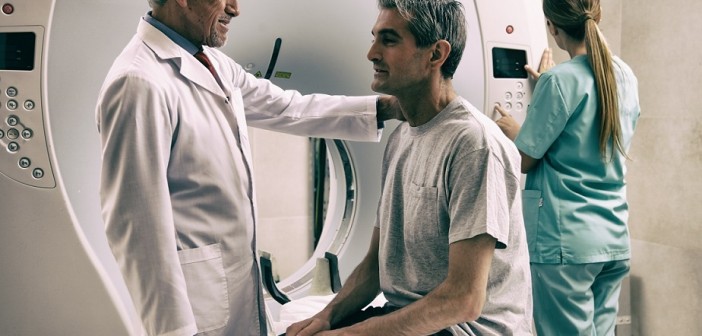Cannabis has long been used as traditional medicine related to the feminine reproductive system. The variety of uses over time has ranged from use during pregnancy and labor to use during the menstrual period. However, there is scientific research more recently that suggests that it may actually be detrimental to the female’s fertility because of the way it affects hormones that are produced during the menstrual cycle.
Just like any other medicine, it has its advantages and its disadvantages for females. With scientific research discovering just how important the endocannabinoid system is to the female reproductive system, it may be worth delving deeper into the pros and cons of cannabis use on the menstrual cycle.
It helps to reduce cramps and period pain during the menstrual cycle
One of the obvious benefits of using marijuana if you are a woman is that it is well-known to be an effective treatment for chronic pain. Many women experience pain at some point during the menstrual cycle, and marijuana’s muscle-relaxing qualities can help alleviate this pain. Studies have proven that THC acts as a powerful analgesic (or painkiller), and it is often prescribed medically for this purpose.
Allegedly, British Queen Victoria used cannabis to treat her own period pain once upon a time. Today there are probably women all around the world who are using cannabis for pain relief during their period, and likely it’s a very effective treatment for them. However, no research actually exists on its real efficacy and, given the subjective nature of the menstrual cycle, probably varies from woman to woman.
Possibly reduces fertility
In more recent times, scientific research has discovered a definite link between the endocannabinoid system and the reproductive cycle of a woman. In fact, they have found that these endocannabinoids play a huge role in the ovulation phase of a menstrual cycle. The particular cannabinoid in question here is anandamide, a cannabinoid that is natural in the body and present in huge amounts. During the menstrual cycle, the levels of this crucial cannabinoid vary quite drastically.
The moment that the egg is released from the ovary is called the ovulation point. Anandamide is present in its highest quantity during this time in the menstrual cycle. Studies have proven that in many different species of mammals, THC has the ability to block ovulation by blocking necessary hormones that are critical to the ovulation process. This results in decreased fertility.
There have not actually been any studies conducted on the effect of THC on the human female menstrual cycle. The evidence does, however, suggest a likelihood that the cannabinoid THC could have a detrimental effect on the menstrual cycle because it would disrupt a system crucial to it. It may do so by suppressing a hormone that the ovulation process requires for its proper function.
It may interfere with embryo plantation in the uterus
Because of how critical the endocannabinoid system is to the menstrual cycle of a woman, THC intake can seriously affect the possibility of impregnation. The volumes of the cannabinoid anandamide fluctuate quite erratically during the menstrual cycle, and also during the early pregnancy stages. This cannabinoid is at its lowest amount in the body during the early pregnancy stage. What scientific research has recently shown is that raising the anandamide quantities by external influence can threaten the embryo being implanted into the womb.
Implantation of the embryo in the womb has effectively failed or been less likely to occur when there has been some artificial increase in the levels of this hormone. It is logical to believe that ingesting marijuana could result in increased levels of anandamide because of the powerful cannabinoid that THC is. This is particularly true if the cannabis being used is high in THC content.
Cannabis suppresses critical hormones during the premenstrual phase
During the premenstrual phase, there is a significant increase in hormone release that causes a range of symptoms for women, including bloating, mood swings, fatigue, and pain. While some hormones increase immensely during this premenstrual time, there are other hormones which are becoming depleted. For example, progesterone significantly increases during this time, whereas estrogen significantly decreases.
Some women are prone to experiencing severe symptoms during the premenstrual phase because of low progesterone levels when they should be really high, or the other way around. Because of the knowledge that has now been acquired about the role of the endocannabinoid system during the menstrual cycle, it is feasible that THC consumption could assist with women suffering from severe premenstrual symptoms.
This effect may not, however, be completely linked to the endocannabinoid system and THC’s communication with it. The properties of cannabis itself are muscle relaxing and often assist with emotional instability such as anxiety. Again, there is no way to be certain about this, but whether it is simply the physical properties of the marijuana plant itself, or a deeper effect on the endocannabinoid and hormonal system in the body, THC could potentially be beneficial.
Marijuana seems to have somewhat of a controversial nature in all the ways that it is considered and studied, and this question seems to be no different. Although marijuana may pose some potential threat to the reproductive system of a woman, it seems to offer potential benefits to those experiencing uncomfortable periods. This suggests that it is better used as a medicine because of the potential benefits of using it.




